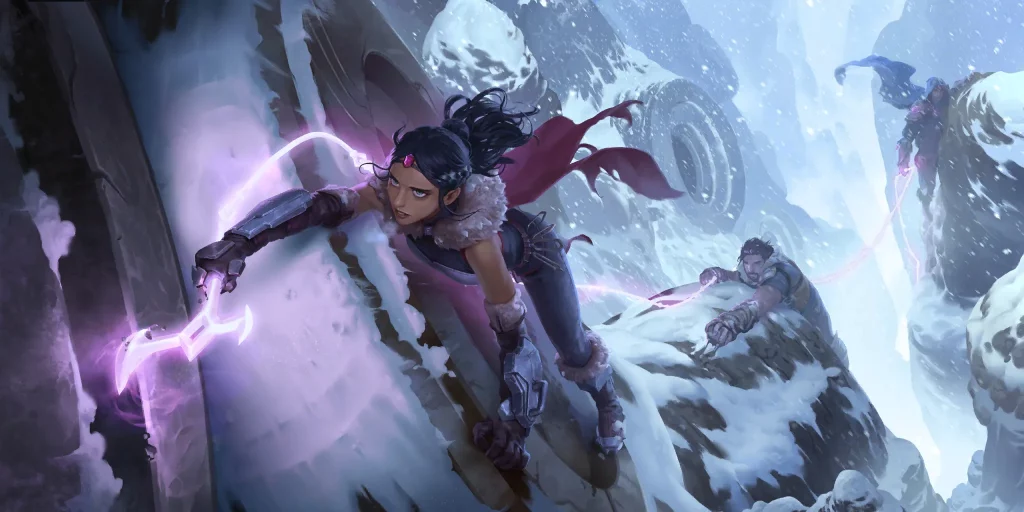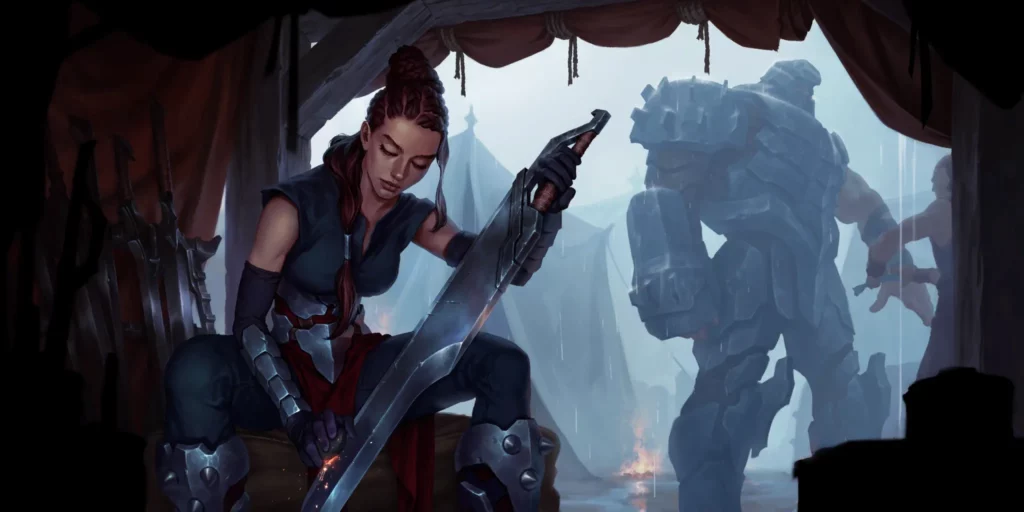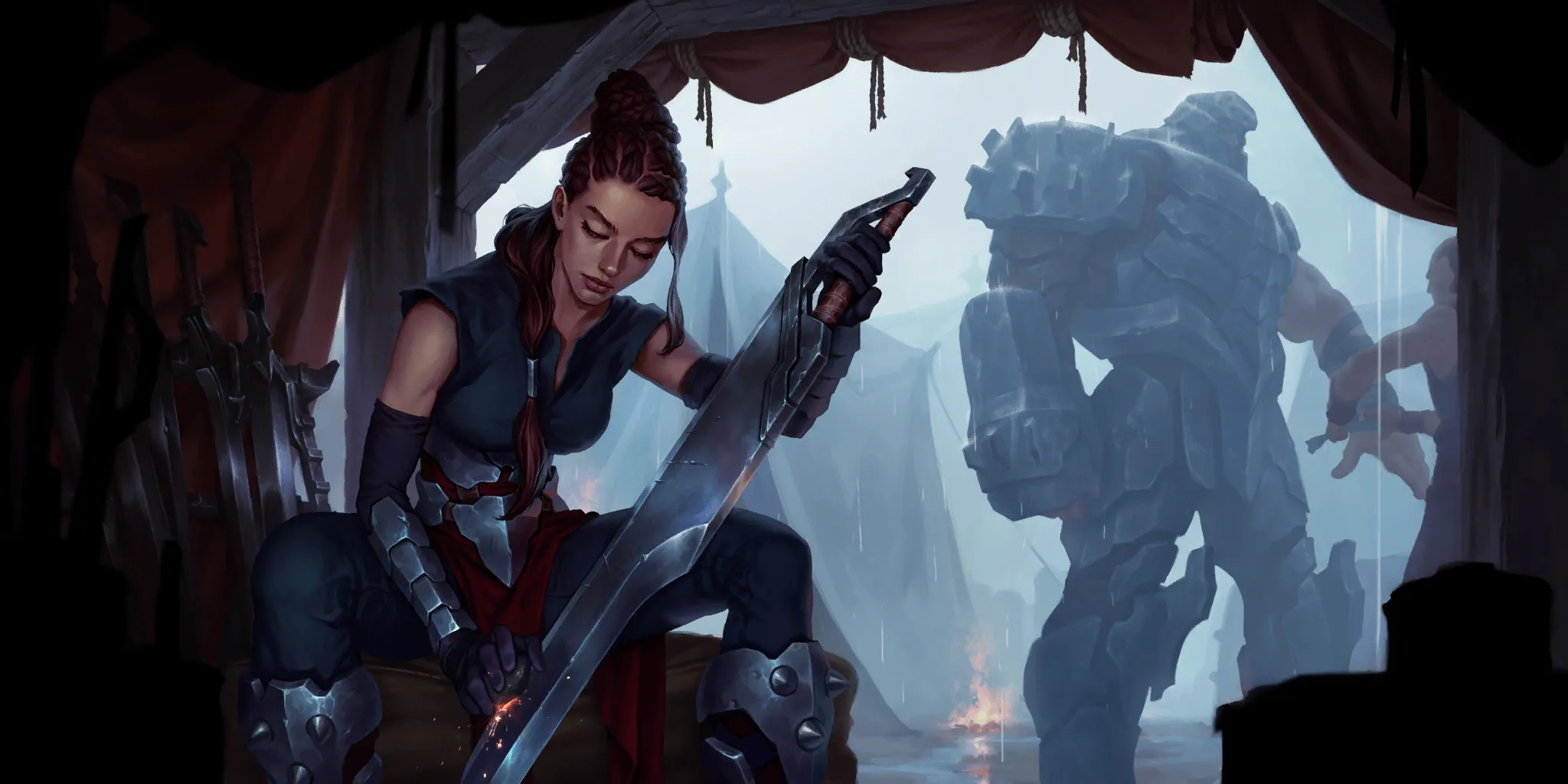Hey! My name is Codemanjack, I’ve been a Masters player the last six seasons in a row, won a Mastering Runeterra daily tournament, and was waitlisted for the Magical Misadventures Seasonal Tournament.
Today I would like to share how you can never truly lose in LoR: by learning from your losses. LP stands for Learning Points, spend them! If you learn something from a loss, then you have grown as a player and are making progress in your competitive journey.
Play to Learn, Not to Win

A while back Jason Fleurant said something that resonated with me: “Play to learn, not to win.”
What does that mean?
While setting goals to reach a certain rank or to win a specific tournament can be valid, they are blinders to the ideal goal of improving as a player. It’s easy to tunnel in on trying to achieve the next rank and measure your success solely by whether your LP goes up or down, instead of by learning the ins and outs of a deck, a matchup, or a meta.
“Codemanjack, improving as a player is great and all, but what’s the point if I don’t reach Masters/win a tournament/beat a deck?”
If you value improving as a player first, you’ll find that these happen on their own. In this article, I'll share three tips that have helped me quite a bit: a post-game survey, stepping outside the box, and focusing on a skill.
Post-Game Survey
After each game, win or loss, ask yourself the following question: "What did I do that worked well, and what didn’t work so well?"
Then, use the information you gather from this analysis to gain an edge the next time.
For example, last season I climbed to Masters using Ekko Zilean
Zilean and ran into numerous Kai'Sa
and ran into numerous Kai'Sa players. Even though I quickly discovered that Mystic Shot
players. Even though I quickly discovered that Mystic Shot was useful to kill their Valor
was useful to kill their Valor before Kai'Sa
before Kai'Sa could gain her keywords, I still had trouble winning. Turns out I was hurting my deck’s gameplan by keeping a card that doesn’t level Ekko
could gain her keywords, I still had trouble winning. Turns out I was hurting my deck’s gameplan by keeping a card that doesn’t level Ekko , instead of predicting into it later in the game. Had I not spent the time to reflect on these lines of play via this post-game survey, I would have assumed I was simply drawing worse, and would have continued to make that “mystake.”
, instead of predicting into it later in the game. Had I not spent the time to reflect on these lines of play via this post-game survey, I would have assumed I was simply drawing worse, and would have continued to make that “mystake.”
Stepping Outside The Box
When playing an unfavorable matchup (40% or less), take the opportunity to go crazy.
Pretend you’re a playtester of a new video game, shoving yourself into every crevice and trying to break it open like a piñata. Play a control deck like an aggro deck, pass like nobody’s business, or mulligan more aggressively than usual. Even though these plays will typically be incorrect, I learn a lot from them regardless of the outcome. For example, taking risky passes has taught so much about respecting the opponent’s ability to pass back that I can now instinctively determine when I am safe to do so.
Sure, I may have thrown plenty of games getting to this point, but I have gained a skill that will allow me to win many more in the long run!
Don’t hesitate to step out of the box in favorable, or even matchups as well, since you never know what additional edges you can find. You don’t even have to follow through with an extraordinary play, as long as you are thinking about it and how it might have affected the game round-by-round.
For example, you may see Aftershock versus Thralls in your opening hand, but instinctively throw it since it’s known that Thralls can play around it. But even if you don’t keep it, you can pretend it’s in your hand each round and think about the impact it would have had. Sure, it won’t stop them, but maybe it could have slowed them down for a round, or interrupted their plan. Once you’ve evaluated how it could have been impactful, keep it for real the next time and evaluate it again.
versus Thralls in your opening hand, but instinctively throw it since it’s known that Thralls can play around it. But even if you don’t keep it, you can pretend it’s in your hand each round and think about the impact it would have had. Sure, it won’t stop them, but maybe it could have slowed them down for a round, or interrupted their plan. Once you’ve evaluated how it could have been impactful, keep it for real the next time and evaluate it again.
Focusing on a Skill
Another method of playing to learn is to focus on a skill.
Before you queue into your first game, pick something to improve on, like hand reading, mulligans, or even a specific deck! Creating a goal other than climbing will not only help you improve as a player, but reduce the opportunity for tilt as you are achieving your goal regardless of your games’ outcomes.
Conclusion

I hope I have helped you to refocus your mindset from playing to win to playing to learn.
Not only will this improve your skill as a player, but also your mental game, as you will be less affected by future losses. That’s why, in my mind, employing this strategy will allow you to never “lose” another game of Runeterra!



